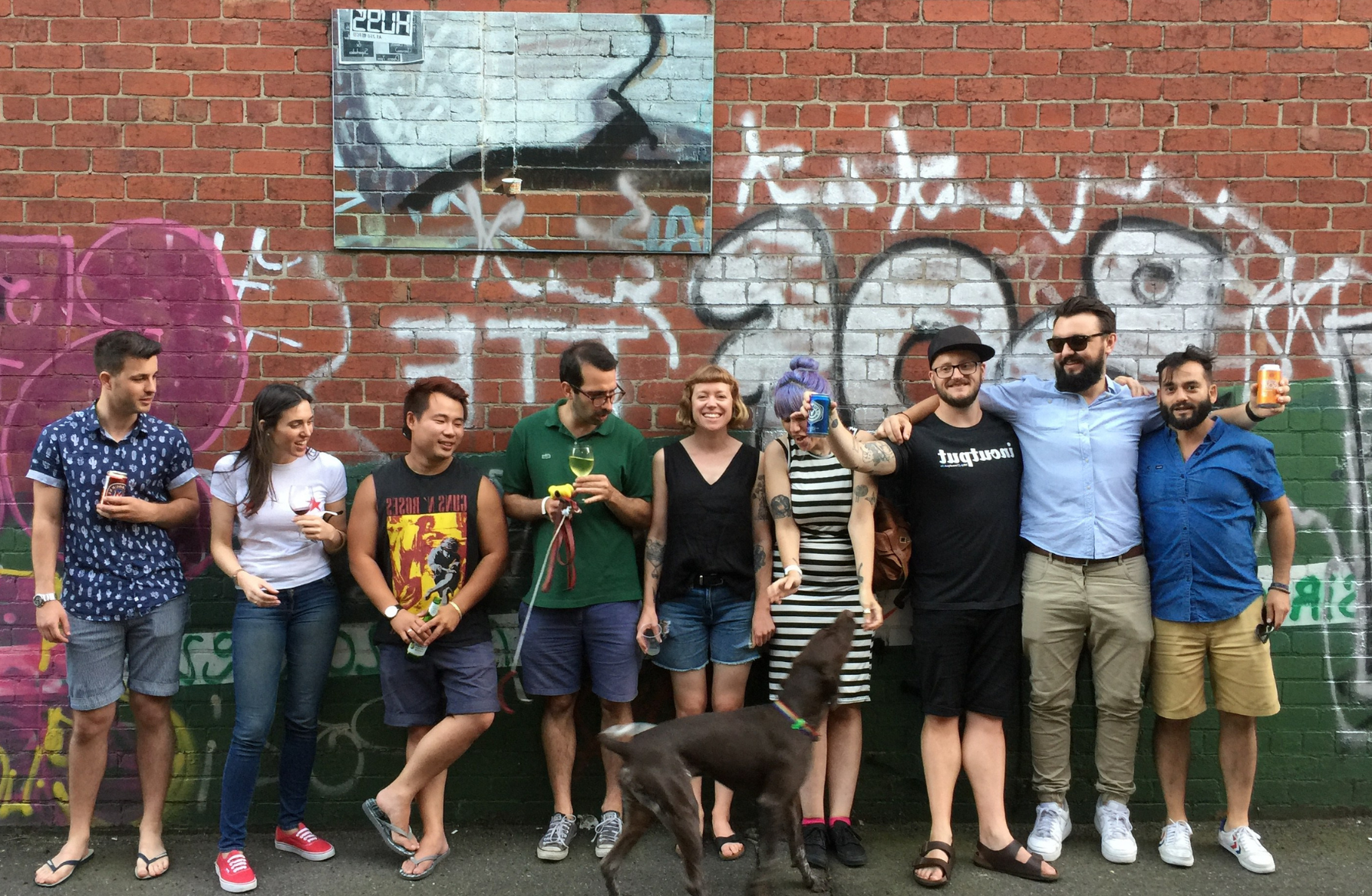The social life of humans

William JamesWe are like islands in the sea, separate on the surface but connected in the deep.
Imagine a world where you have all your deepest desires met, food is plentiful, you have a beautiful home, you have the freedom to travel, the tools to create, and yet there is no one to share it with. You are alone. No one to witness your life, share in the joys, sorrows and accomplishments. How would you feel?
When we consider our basic human needs things like food and shelter quickly come to mind, but human connection is not always considered a necessity. This is a mistake. The research evidence is stacking up and it seems the need to belong, to be connected to others, is an essential part of being human. We flourish when we feel valued by and connected to others. We also survive, perform better and achieve more in groups than we do alone, as the African proverb goes: “If you want to go fast, go alone. If you want to go far, go together”.
The scientific evidence for the importance of social connection is unequivocal. It is good for our physical health, longevity, mental health and wellbeing. For example, research studies have demonstrated that people with stronger social connections have strengthened immune systems and a 50% increased chance of survival. One study indicated that people who provide social support for others have increased longevity compared to those who simply receive social support. In this case it truly is better to give than to receive.
In contrast the impact of loneliness, or a lack of feeling socially connected, is an equivalent or bigger risk factor to health than other established factors such as obesity, smoking, alcohol, physical inactivity, and high blood pressure. In practical terms, being socially isolated has an equivalent risk to your health and longevity as smoking 15 cigarettes per day. Sociologist E.O. Wilson wrote: “To be kept in solitude is to be kept in pain and put on the road to madness. A person’s membership in his group—his tribe—is a large part of his identity.”
The benefits of being socially connected create a range of wellbeing and performance benefits such as more trust and empathy between people, greater resilience and more pro-social or cooperative behaviours. Social support helps us to achieve our life goals – whether it is getting fit, raising a family, or completing your meditation teacher training.
For a comprehensive and engaging review of how and why social relationships are a central part of a healthy, happy, meaningful life, Daniel Lieberman’s book, Social: Why Our Brains Are Wired to Connect, is an excellent read. Lieberman highlights that one of the most exciting findings to emerge from neuroscience in recent years underlines the brain’s inherently social nature. Sadly, our social nature and needs have been eroded in modern times, and not surprisingly our trajectory by 2030 is for depression to become the number one health issue for the western World.
We live in a time of abundance, where the material conditions of our lives have blossomed. We have our own TVs, mobile phones, cars, we eat out and go on holidays. And yet as a society we are increasingly stressed, anxious and depressed. As we gain material prosperity, we seem to be losing our ability to meaningfully connect – to ourselves, to others and to community. We seem to be paying a mighty high price for denying our inherent need for social connection. So what can we do about it?
Notice
Stop and take note of who exists in your social circles. A lot of the time our social world is intact, however, we have neglected it. The simple act of writing down who is in our world can help us re-connect. Start with yourself at the centre and mark on the people you feel closest to – family or friends – and work your way outwards to the regular but lighter points of contact you have with say a neighbour or colleague or others in your community. You are mapping your own social world constellation, with the brightest planets and stars closest to you and more distant, smaller stars further away.
Prioritise
We can’t connect with everyone all the time – despite what your mobile device and social media tells you. The people closest to you on this social map are the ones you want to invest the most time and energy in. Work out which individuals and communities are the most important to you and prioritise your energy and time there.
Say hello
We are social creatures and a small connection or kindness goes a long way. It costs nothing to make eye contact and say hello. You don’t have to engage in a long conversation – the simple act of acknowledging another human being is good for their health and happiness, and yours.


